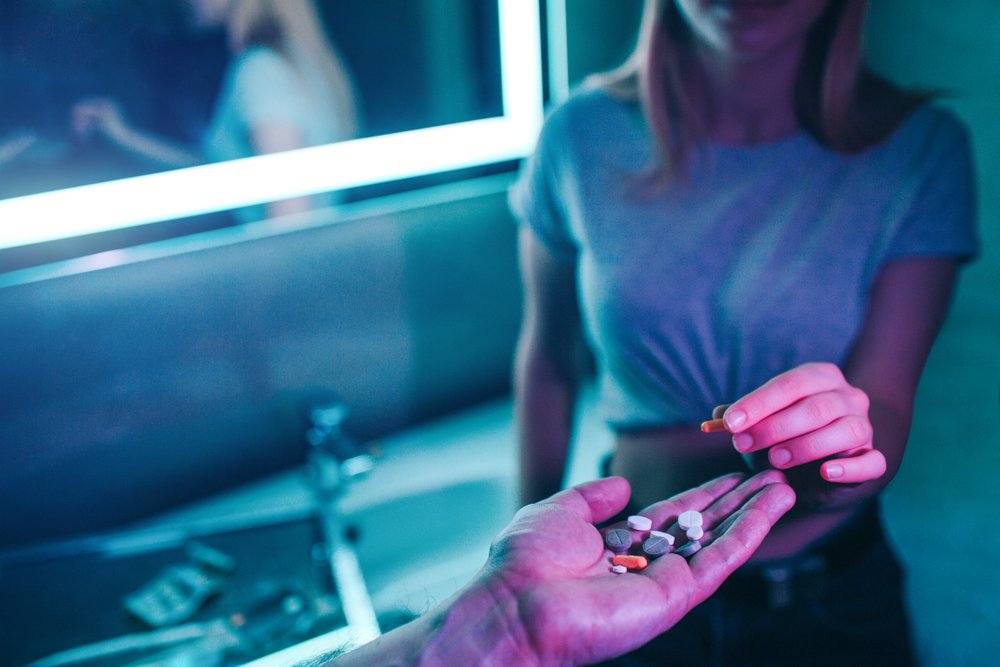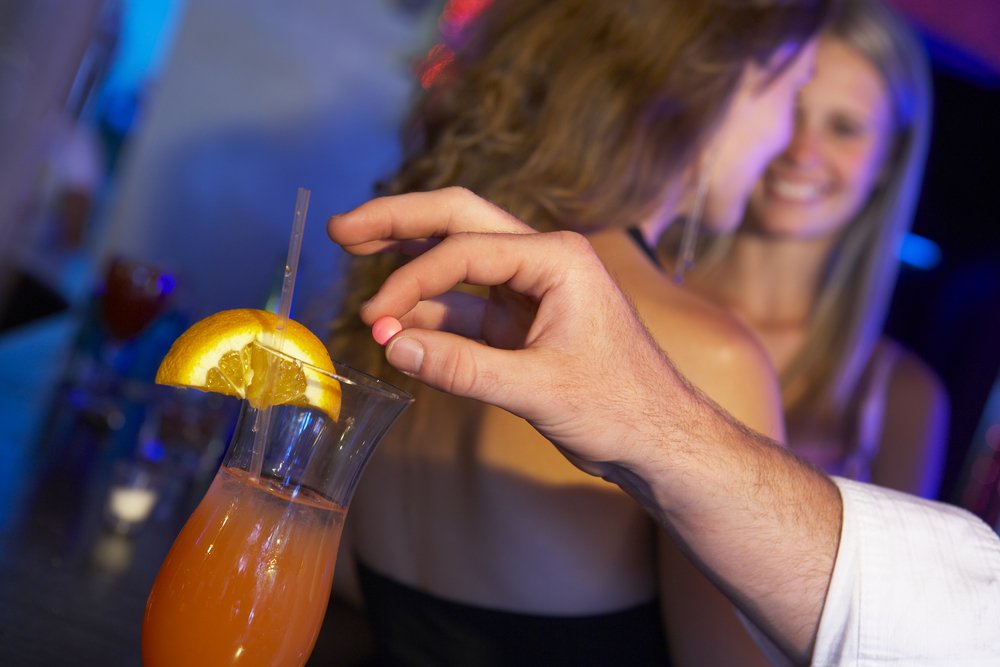Voluntary and involuntary intoxication are both possible legal defenses in California criminal cases. If successful, the defenses may work to get a criminal charge reduced or even dropped altogether.
|
Voluntary intoxication |
Involuntary intoxication |
|
| Definition | Willingly ingesting drugs or alcohol knowing it can cause intoxication | Unknowingly consuming an intoxicating substance or doing so by force or trickery |
| Example | Intentionally drinking wine with dinner | Drinking a soda at a party you did not know was spiked |
| Availability as a criminal defense | Only for specific intent crimes, such as burglary or forgery | For any crime, including DUI or battery |
Our California criminal defense attorneys will highlight the following in this article:

“Voluntary intoxication” is a defense only to specific intent crimes.
1. Voluntary intoxication
“Voluntary intoxication” means that you intentionally and knowingly consumed intoxicating substances such as alcohol or drugs. You were not forced, and no one drugged you.
Voluntary intoxication is a defense only to “specific intent crimes” as opposed to “general intent crimes.” A specific intent crime is one where you specifically intend to violate the law. Examples include:
- theft, where you must intend to deprive a property owner of their property,
- murder, where you must intend to kill someone, and
- forgery, where you must intend to defraud or deceive another person.
Example: After drinking too much beer at a bar, Maria takes another patron’s jacket thinking that it is hers. If Maria is charged with theft, she can claim “voluntary intoxication” as a defense since theft is a specific intent crime. Maria had no specific intent to deprive the jacket’s owner of her property as Maria was too intoxicated to know that it was not hers.
In contrast, a general intent crime is one where you do something unlawful, and your mental state is irrelevant. A common example of a general intent crime is driving under the influence (DUI): The act of driving drunk makes you guilty even if you did not intend to drive drunk.
Example: After drinking too much beer at a bar, Maria smacks another patron for laughing at her. If Maria is charged with battery, she cannot claim “voluntary intoxication” because battery is a general intent crime. All the D.A. has to show is that she intentionally inflicted unlawful physical force on the patron; that Maria was too drunk to realize what she was doing does not matter in battery cases.1

You cannot be found guilty of any crime you committed while involuntarily intoxicated.
2. Involuntary intoxication
“Involuntarily intoxication” means you are drunk or high at no fault of your own. This typically occurs when someone spikes your drink without your knowledge or when someone forces you to consume drugs or alcohol under duress.
Under California criminal law, involuntary intoxication is a “complete defense.” This means that you cannot be found guilty of any crime that you committed while involuntarily intoxicated.
Example: James’ girlfriend puts LSD in his soda without telling him. Under the influence of LSD, James gets into a fight with his neighbor and ends up stabbing him. Here, James may be able to beat any potential murder or manslaughter charges because he was under the influence of a drug he never intended to consume.
Note that involuntary intoxication does not work as a defense if you thought you were consuming one illegal drug (like marijuana) but in fact were consuming another (like cocaine). That scenario would instead be voluntary intoxication.10
Also, it is not involuntary intoxication if you get drunk or high because you are an addict and feel like you have no choice.2
3. Related defenses
There are three defenses related to a defendant’s intoxication. These include:
- unconsciousness,
- mistake of fact, and/or
- insanity.
These are discussed in detail below.
Unconsciousness
Involuntary intoxication is a subset of the legal defense of unconsciousness. As with involuntary intoxication, unconsciousness is a complete defense to criminal charges.
Note that you are considered legally “unconscious” even if you are able to move around. The defense also applies if you are unconscious while:
- sleepwalking,
- experiencing a blackout, or
- experiencing an epileptic seizure.3
Mistake of fact
Mistake of fact means that you are not guilty of a crime if you made a reasonable mistake about certain key facts, and therefore did not have the required criminal intent to commit an offense.4
There is a direct connection between the mistake of fact defense and the involuntary intoxication defense in certain cases. Normally, for the mistake of fact defense to apply, your mistake must have been reasonable. Though an unreasonable mistake can be a valid legal defense too if you were involuntarily intoxicated at the time.
Insanity
The insanity defense is a valid defense provided that you were legally insane at the time you committed a crime.5 You are “legally insane” if you have a mental disease or defect that makes it so that you either:
- do not understand the nature of your criminal act, or
- cannot distinguish between right and wrong.6
Intoxication is legally distinct from insanity. You are not legally insane just because you were under the influence of drugs or alcohol.7
Addiction to drugs or alcohol also does not count as legal insanity. This is true even if you suffer from brain damage or a permanent mental disease as a result of your past use of drugs or alcohol.8
Additional reading
For more in-depth information, refer to these scholarly articles:
- Intoxication and Criminal Responsibility – Harvard Law Review.
- Voluntary Intoxication: A Defense to Specific Intent Crimes – University of Detroit Law Review.
- No More Excuses: Closing the Door on the Voluntary Intoxication Defense – John Marshall Law Review.
- Just Say No Excuse: The Rise and Fall of the Intoxication Defense – Journal of Criminal Law and Criminology.
- Criminal Law – Intoxication as a Defense: The Drunk and Dangerous Model – Montana v. Egelhoff – Land and Water Law Review.
Legal References:
- California Penal Code 29.4 PC. See also People v. Reyes (1997) 52 Cal.App.4th 975; and, People v. Mendoza (1998) 18 Cal.4th 1114. See also CALCRIM No. 3426 – Voluntary Intoxication, Judicial Council of California Criminal Jury Instructions (2020 edition). See People v. Mendoza (1998) 18 Cal.4th 1114. Black’s Law Dictionary, Sixth Edition (“Specific Intent Crime”). See also U.S. v. Birkenstock, 823 F.2d 1026 (1987); People v. Atkins (2001) 25 Cal.4th 76.
- California Penal Code 26 PC. See CALCRIM No. 3427 – Involuntary Intoxication, Judicial Council of California Criminal Jury Instructions (2020 edition). See also People v. Velez (1985) 175 Cal.App.3d 785. See also People v. Saille (1991) 54 Cal.3d 1103; People v. Cruz (1978) 83 Cal.App.3d 308. See, for example, People v. Velez (1985) 175 Cal.App.3d 785; People v. Wyatt (1972) 22 Cal.App.3d 671.
- CALCRIM No. 3425 – Unconsciousness, Judicial Council of California Criminal Jury Instructions (2020 edition).
- CALCRIM No. 3406 – Mistake of Fact. Judicial Council of California Criminal Jury Instructions (2020 edition). See, for example, People v. Scott (1983) 146 Cal.App.3d 823.
- California Penal Code 25 PC.
- CALCRIM No. 3450 – Insanity: Determination. Judicial Council of California Criminal Jury Instructions (2020 edition).
- See same.
- California Penal Code 25.5 PC.
